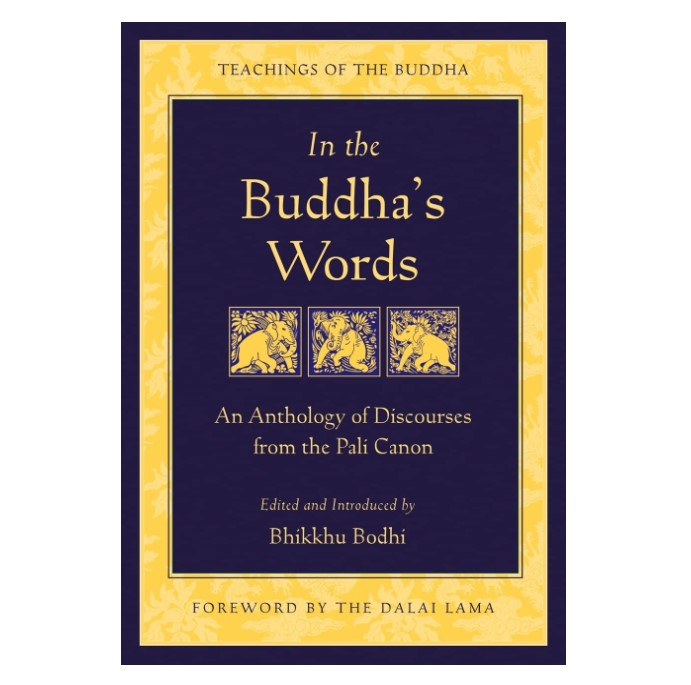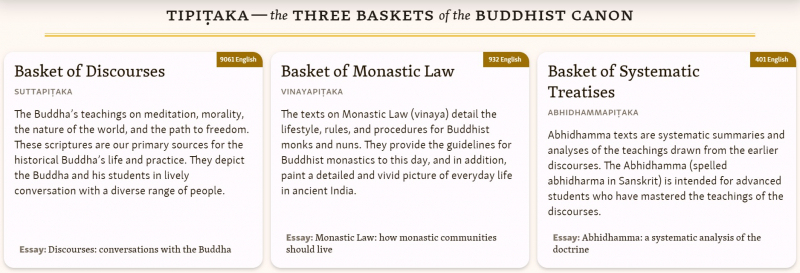The Tripitaka (Buddhism)
The Tripitaka, also known as the Pali Canon, is the sacred text of Theravada Buddhism. It is the oldest and most complete extant early Buddhist canon, and it is believed to contain the actual words of the Buddha himself, along with other texts. The name "Tripitaka" means "Triple Basket," and it refers to the three main categories of texts that make up the canon.
The Sutra Pitaka contains the Buddha's discourses and teachings on various topics like meditation, ethics, and the nature of reality. Vinaya Pitaka includes rules and guidelines for monks and nuns—how they should live, behave, and practice their faith. Abhidhamma Pitaka explores the Buddha's teachings in a more detailed and philosophical way, focusing on the nature of the mind, consciousness, and reality.
The Tripitaka helps Buddhists understand the path to enlightenment and how to live a life of wisdom and compassion. It's written in an ancient language called Pali but has been translated into many languages for people worldwide to study and learn from its teachings.
For Buddhists, the Tripitaka is a guide for how to live a life of kindness, wisdom, and mindfulness. Monks and nuns often study it, and its teachings are recited during religious ceremonies. It's a fundamental source of inspiration and guidance for those following the Buddhist path, helping them understand the principles of compassion and enlightenment taught by the Buddha.
Link to buy: https://www.amazon.com/Buddhas-Words-Anthology-Discourses-Teachings/dp/0861714911/
Link to read: https://suttacentral.net/












